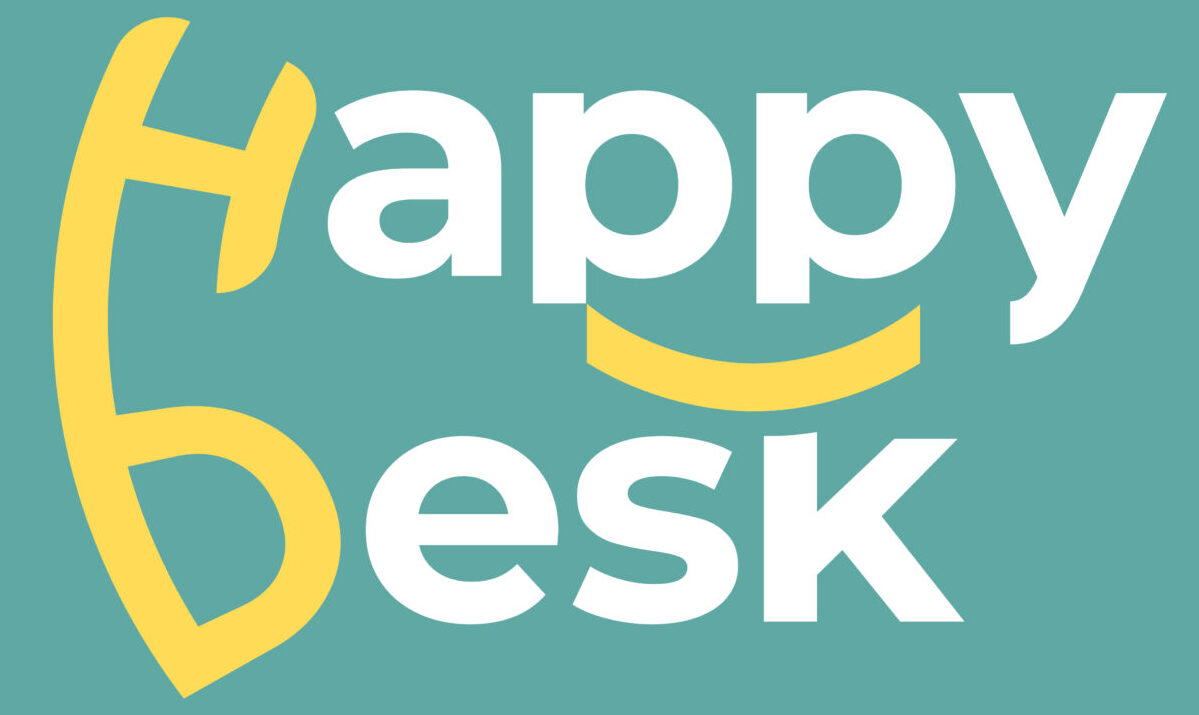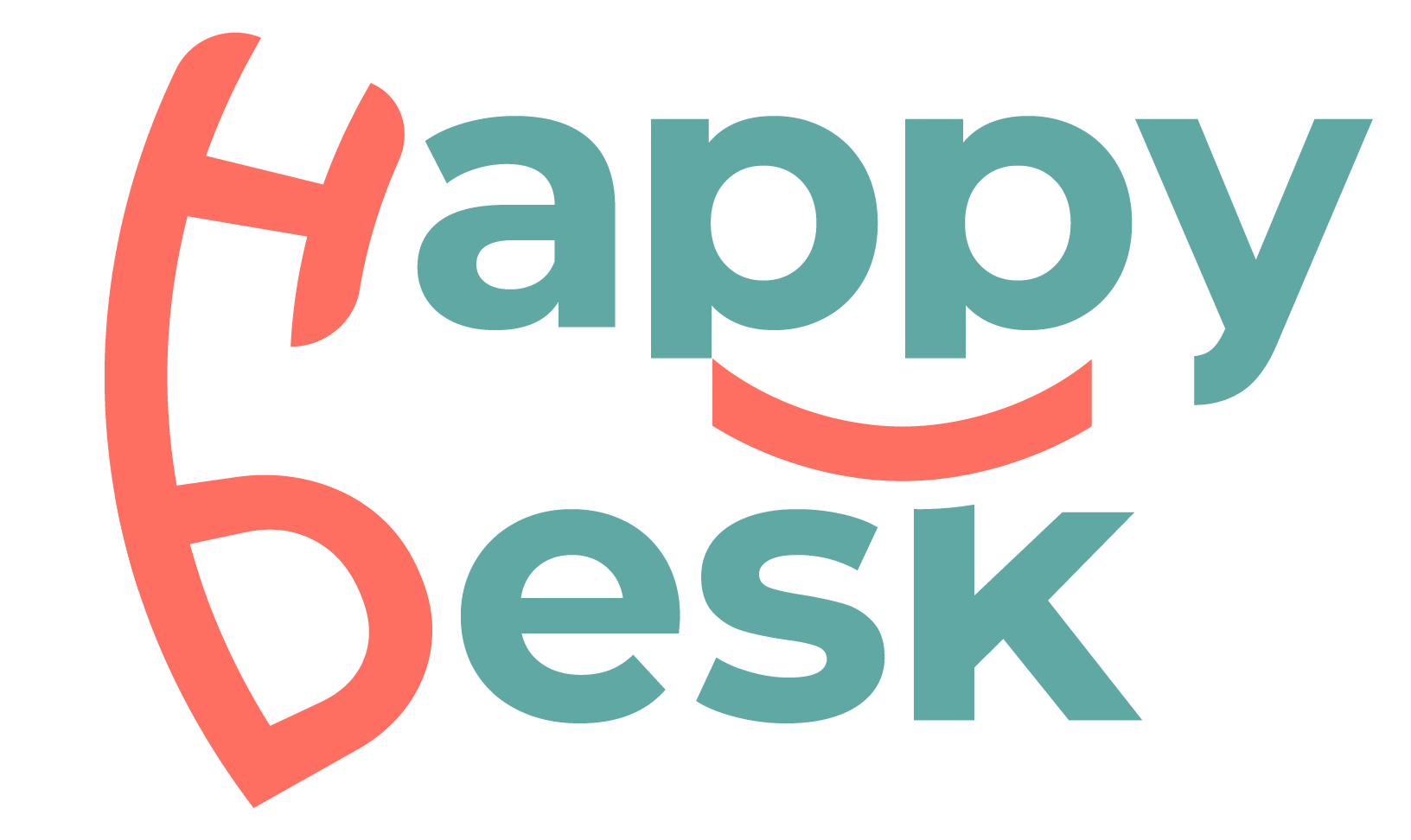In mental health, trust is everything. For clients to open up and share their deepest thoughts and emotions, they need to feel safe—knowing that their privacy is protected. Confidentiality isn’t just a legal obligation; it’s a cornerstone of the therapeutic relationship. When clients feel confident that their personal information is secure, they’re more likely to engage in meaningful, transformative work.
So how do you, as a mental health professional, foster this trust from the first interaction? It starts with creating a culture of privacy—not just meeting the regulations, but weaving confidentiality into the everyday practices that shape your clients’ experience. The way you handle everything from intake forms to post-session follow-ups can significantly impact how secure your clients feel with you.
Set the Tone From the First Contact
The way you handle initial client inquiries sets the tone for trust. When a client reaches out, whether for the first time or to discuss sensitive information, it’s important that these conversations take place in a private, confidential setting. Avoid answering calls in public spaces or busy areas where others could overhear, or clients can overhear background noise, as this can quickly undermine the client’s sense of security.
If you’re often in back-to-back sessions, your practice is growing, and/or you have various other obligations, it can be difficult to answer every call privately and promptly. In these cases, having someone else handle client communication—such as a trained receptionist—can help maintain confidentiality without sacrificing responsiveness. Whether you use an in-house receptionist or outsource to a virtual receptionist service, they need to be HIPAA-trained. Clients will feel more comfortable knowing that their personal details are being treated with respect and discretion from the moment they make contact with your practice. A well-trained receptionist can answer calls professionally and ensure that every interaction adheres to confidentiality standards, giving you and your clients peace of mind.
Maintain Confidentiality Throughout Communication
Once a client has started therapy, how you manage communication between sessions is just as important. Whether it’s rescheduling appointments or responding to client questions, maintaining confidentiality at every step reinforces their sense of security.
Ensuring client privacy requires intentional choices in how you manage communication. Private communication channels like HIPAA-compliant text messaging and secure email platforms are essential for protecting sensitive information, even for routine appointment reminders. For more detailed exchanges, using secure client portals allows clients to submit and receive information with confidence, knowing it’s fully protected. Establishing clear boundaries with your clients about how and when to share sensitive details can further safeguard their privacy. During intake or the first session, take the time to explain your confidentiality policies in simple terms. Let clients know how their information is stored, who has access to it, and how you handle sensitive details. Encourage clients to use secure messaging for private or confidential information, rather than relying on phone calls or standard texts, which may not offer the same level of protection. This approach ensures that every communication prioritizes confidentiality and strengthens the trust between you and your clients.
Create a Trustworthy Environment in Your Office
How you manage your office environment plays a significant role in how clients perceive confidentiality. The physical space can either reinforce or undermine the trust you’ve built through secure communication. Private waiting areas are one way to enhance this trust by offering clients privacy when they enter your practice. Reducing client overlap and allowing for discreet check-ins can help clients feel more secure and maintain their anonymity. Additionally, soundproofing and thoughtful space design ensure that conversations within therapy rooms remain confidential. Subtle signage and quiet, private spaces can make a big difference in how safe clients feel sharing personal information. The more care you take with the physical aspects of confidentiality, the more clients will trust that their overall experience is secure—both in-person and digitally.
For telehealth practices, confidentiality is just as important. Ensure that all virtual sessions take place in a private and secure space where no one can overhear or interrupt conversations. Use HIPAA-compliant telehealth platforms (not Facetime nor Zoom without a BAA!) that encrypt the video and audio streams, ensuring that client information remains confidential during online sessions. Let clients know that their privacy is being protected, even in a virtual setting, by educating them about the security measures in place. Also, encourage clients to join telehealth sessions from a private location on their end, further reinforcing confidentiality. By taking these steps, you maintain the same high standard of privacy in virtual care as you do in your physical office, reinforcing client trust and comfort.
Happy Highlight
Confidentiality is about more than following the rules—it’s about building trust, one small action at a time. By prioritizing privacy in every aspect of your practice, from communication to office design, you can create an environment where clients feel safe, valued, and able to engage fully in their therapeutic journey. When clients trust that their privacy is protected, it strengthens the bond and paves the way for meaningful progress.







